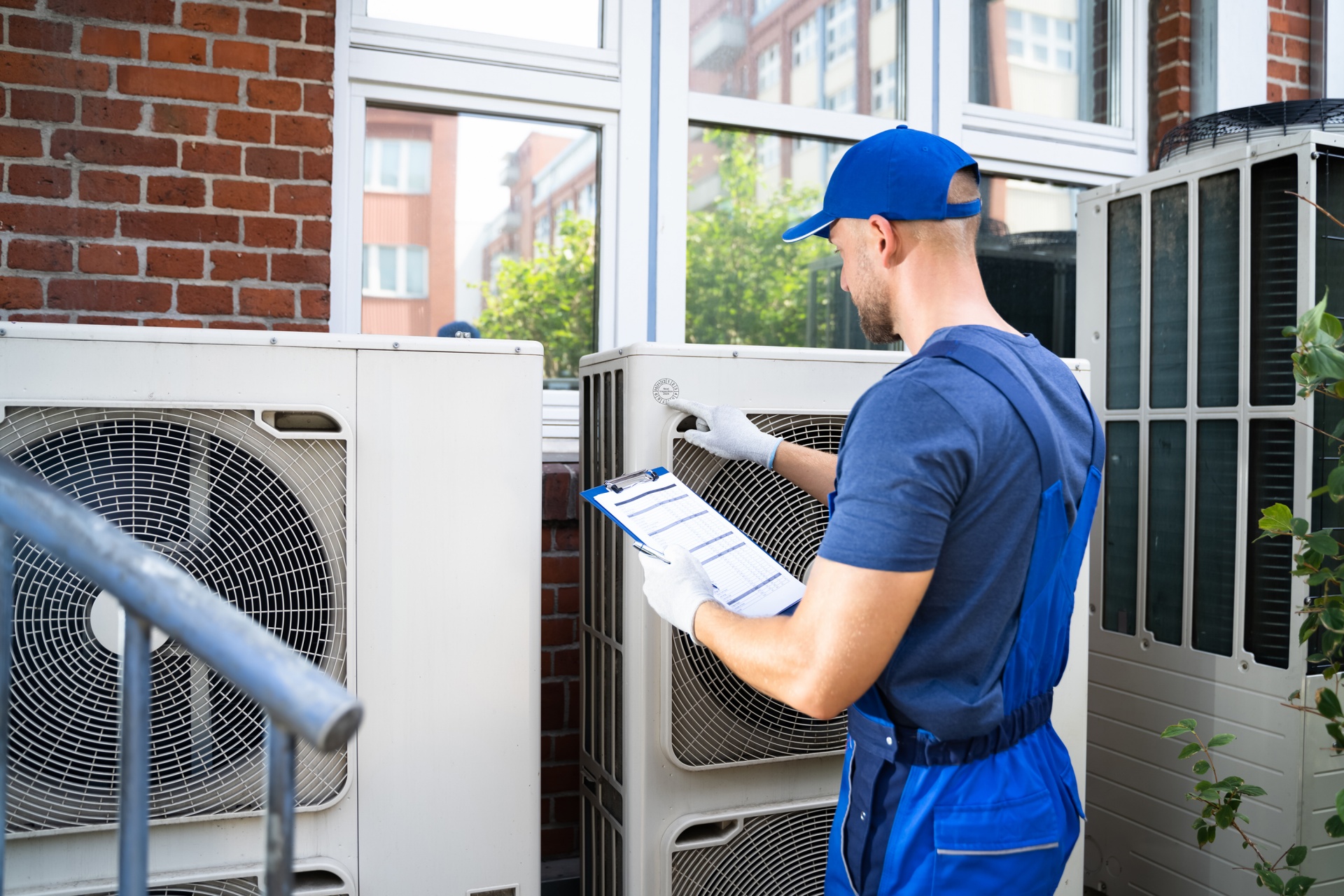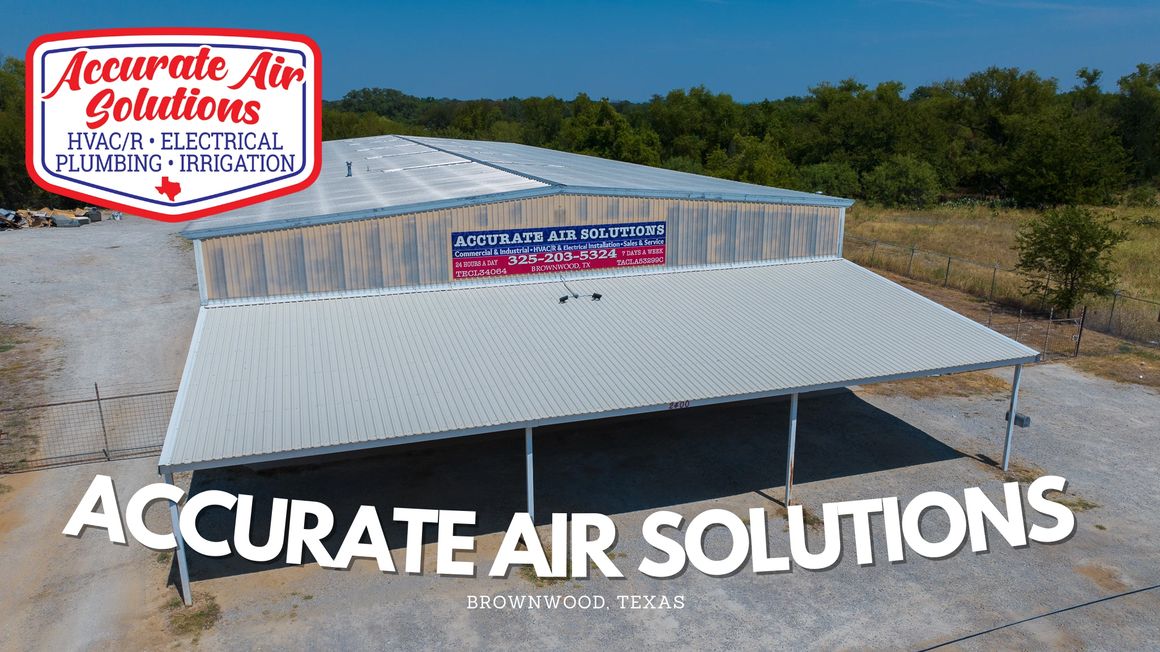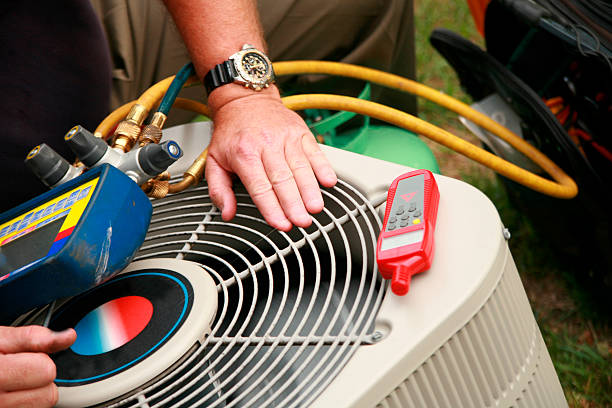The Value of Heating And Cooling Setup: Key Factors To Consider for a Comfortable Indoor Setting
The installment of a Cooling and heating system is a crucial element in attaining an energy-efficient and comfy interior atmosphere. Elements such as the suitability of the system for details building needs, appropriate sizing to circumvent inefficiencies, and the proficiency of professionals for a quality installation play crucial duties. The fostering of sophisticated modern technologies can considerably boost system efficiency.
Selecting the Right System

When selecting a HVAC system, it is essential to evaluate the ability required to efficiently warmth or cool down the area without overworking the system, which can result in raised wear and operational expenses. Consulting with a specialist heating and cooling contractor can offer important understandings right into picking a system that aligns with both the expected use and the architectural design patterns of the structure.
Additionally, thinking about the assimilation of clever innovation can enhance system administration and monitoring, supplying greater control and potential cost financial savings. By diligently assessing these aspects, one can make sure the choice of an a/c system that not only satisfies immediate demands but additionally adds to lasting functional sustainability and owner comfort.
Recognizing Power Effectiveness
Understanding power efficiency is vital when considering a HVAC setup, as it straight impacts both the environmental footprint and the operational costs of the system. High-efficiency a/c systems are developed to utilize less power to attain the same degree of comfort as less efficient models, therefore reducing utility expenses and advertising sustainability. The performance of an a/c system is commonly suggested by scores such as SEER (Seasonal Power Efficiency Proportion) for air conditioning system or AFUE (Yearly Gas Application Performance) for heaters. Greater ratings indicate higher efficiency and lowered power consumption.

Purchasing an energy-efficient HVAC system not only converts to set you back financial savings yet additionally contributes favorably to ecological conservation by reducing greenhouse gas emissions. In addition, numerous jurisdictions supply rewards or rebates for the installment of high-efficiency systems, even more improving their monetary charm.
When evaluating power efficiency, take into consideration advanced functions such as variable rate electric motors, smart thermostats, and zoning abilities. These advancements enhance the system's capacity to get used to differing need, thus enhancing power use. It is crucial to consult with heating and cooling professionals who can provide understandings into the most effective options customized to specific environment conditions and use patterns, guaranteeing maximum performance and convenience.
Relevance of Correct Sizing

Alternatively, a small a/c system will certainly battle to get to the desired temperature level, specifically during severe weather. This can cause continual procedure, resulting in greater power costs and possible getting too hot of system elements. In addition, poor sizing can cause inconsistent temperature distribution, triggering certain locations of a building to be too warm or as well amazing.
To attain the appropriate sizing, a thorough load calculation is crucial. This entails examining different variables such as the structure's square footage, insulation levels, window kinds, and neighborhood environment problems. By accurately determining the home heating and cooling down needs of a space, HVAC professionals can advise systems that make sure effective operation, reduced energy consumption, and enhanced interior convenience.

Guaranteeing Top Quality Setup
A smooth HVAC installment is the keystone of a system's longevity and efficiency. Guaranteeing top quality installment entails thorough interest to information, adherence to sector standards, and utilizing experienced specialists. The procedure begins residential heating and air with choosing a certified and knowledgeable heating and cooling professional. This specialist should possess in-depth knowledge of varied systems and be proficient at analyzing the details needs of the building.
Proper installment goes past simple placement of tools. It entails specific calibration to make sure optimum air flow, efficient energy usage, and uniform temperature circulation. This consists of exact ductwork setup, ensuring links are leak-free and look at more info safe and secure, which is crucial for keeping system effectiveness and indoor air quality.
Moreover, the implementation of advanced diagnostic devices throughout installment can detect prospective issues early, stopping costly repair work and extending the life expectancy of the system. The contractor ought to also guarantee that all parts are suitable which the system adheres to local building regulations and policies.
Normal Upkeep Practices
As soon as the structure for a high-performing heating and cooling system is developed via top quality setup, the emphasis must shift to regular upkeep methods to ensure ongoing efficiency and integrity. Routine maintenance not just prolongs the life expectancy of the system yet additionally boosts indoor air top quality, lowers energy usage, and protects against expensive repairs. Important maintenance tasks include consistently altering air filters, cleaning evaporator and condenser coils, and examining the system for blockages or leakages.
Air filters should be replaced or cleansed each to three months, depending on use and environmental aspects. This simple job can significantly improve air flow and system efficiency (Electrician in Brownwood TX). Cleansing the evaporator and condenser coils stops dirt accumulation, which can prevent warmth absorption and cooling ability. In addition, specialist technicians should check the system annually, looking for cooling agent degrees, electrical connections, and general system efficiency.
Attention to ductwork is also critical; sealing and cleaning up air ducts on a regular basis avoids air loss and contamination. Executing a maintenance routine makes certain that small issues are attended to prior to they escalate, safeguarding the system's operational integrity. By adhering to these upkeep methods, house owners can optimize their heating and cooling system's performance and preserve a comfortable indoor environment year-round.
Conclusion
By picking an ideal system customized to details building central air system demands, understanding energy effectiveness, and ensuring proper sizing, inadequacies can be decreased. The involvement of experienced specialists warranties high quality setup, while the integration of sophisticated modern technologies enhances system performance and tracking.
Numerous kinds of HVAC systems are available, including split systems, hybrid systems, duct-free systems, and packaged heating and air systems, each with unique benefits and constraints.
Understanding power effectiveness is important when taking into consideration a HVAC installation, as it straight influences both the ecological impact and the functional costs of the system. The efficiency of a Cooling and heating system is generally suggested by ratings such as SEER (Seasonal Energy Effectiveness Ratio) for air conditioners or AFUE (Yearly Fuel Application Effectiveness) for heating systems (lawn irrigation installation Brownwood TX).Once the foundation for a high-performing Heating and cooling system is established through top quality installation, the emphasis should change to regular upkeep methods to make certain continued efficiency and reliability. Furthermore, professional service technicians need to check the system yearly, examining for cooling agent levels, electrical connections, and total system performance